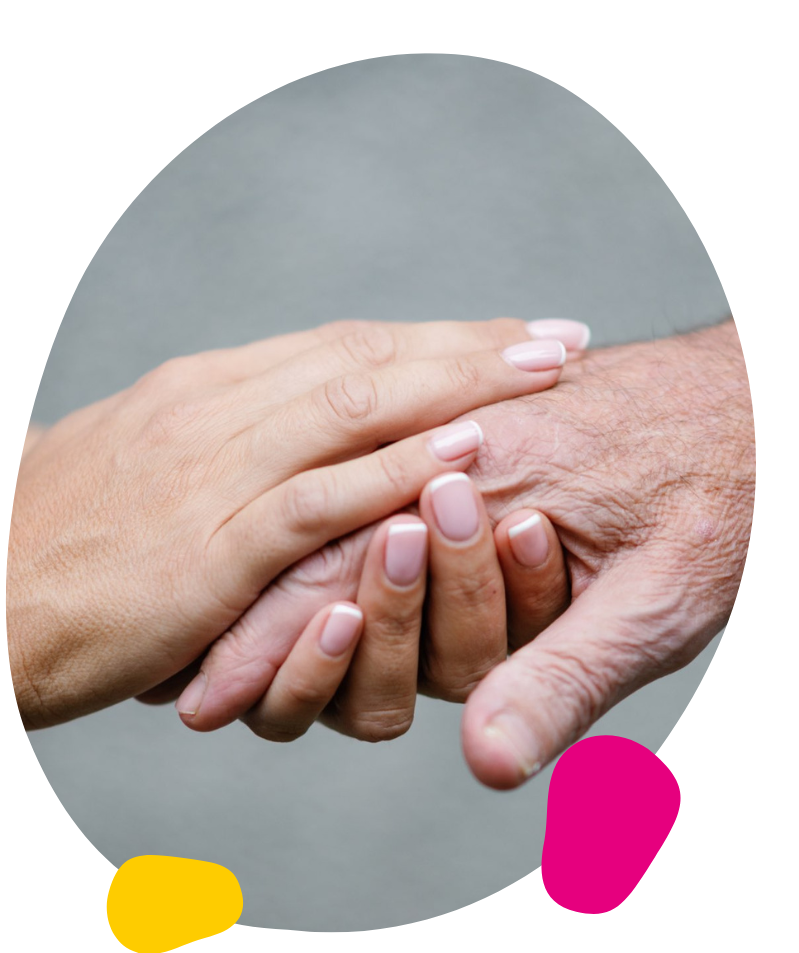
Caring responsibilities and mental health
Caring can bring a lot of positives, but it can also take a toll on your physical, emotional and mental health.
You are a carer if you spend time supporting someone who has a physical or mental health condition and you don’t get paid for this.
Caring can bring a lot of positives into your life. It can:
-
bring you closer to the person you care for
-
improve your understanding of the issues other people face
-
make you more confident advocating for the needs of others as well as your own needs
But caring can also take its toll on your physical, emotional and mental health. If this happens, it’s important to get support.
Supporting someone with a mental health condition
There are different ways you can support someone who has a mental health condition. You can:
-
help them manage practical everyday things, like paperwork, on days they aren’t able to
-
listen and talk to them, providing emotional support when they need it
-
make sure the person is still getting out socially and isn’t becoming isolated
-
offer practical support in their home or with their responsibilities if they need this
Your mental health as a carer
Caring for someone is rewarding but it can often be challenging too.
You may feel:
-
stressed or worried about the person you are caring for or about your own ability to keep caring for them
-
financial pressure if you are spending more or earning less because of your caring responsibilities
-
a lack of self-esteem if you’re spending all your time thinking about the other person and aren’t looking after your own needs
-
tired because you aren’t getting enough sleep, and lack of sleep can lead to other problems
It’s important to pay attention to how you feel and to get support if you are struggling. Talk to someone about how you are feeling. You can talk to
-
family or friends who you trust
-
your GP or counsellor
-
or visit the Carers NI or the Family Carers Ireland website.
Mental health support
The Inspire Support Hub has lots of resources to help you look after your own mental health.
A key to protecting your mental health and wellbeing is to remember the 5 steps to wellbeing. Check out these ideas on integrating the 5 steps into your life each day.
Carers often put other people’s needs ahead of their own and that can lead to you becoming exhausted and burned out. Self-care is important. Practicing mindfulness can help you protect your own wellbeing.
Support for carers
Carers NI has information and advice to support carers. This includes information on your rights to
-
financial support
-
respite care
-
equipment
-
flexibility from your employer
Family Carers Ireland offers a confidential, friendly and supportive Care Line. As well as a number of services and supports to Family Carers including carer support groups, in-home respite care, training, information on rights and entitlements and other necessary supports that seek to improve the quality of life for the Carer and the persons receiving care at home.

